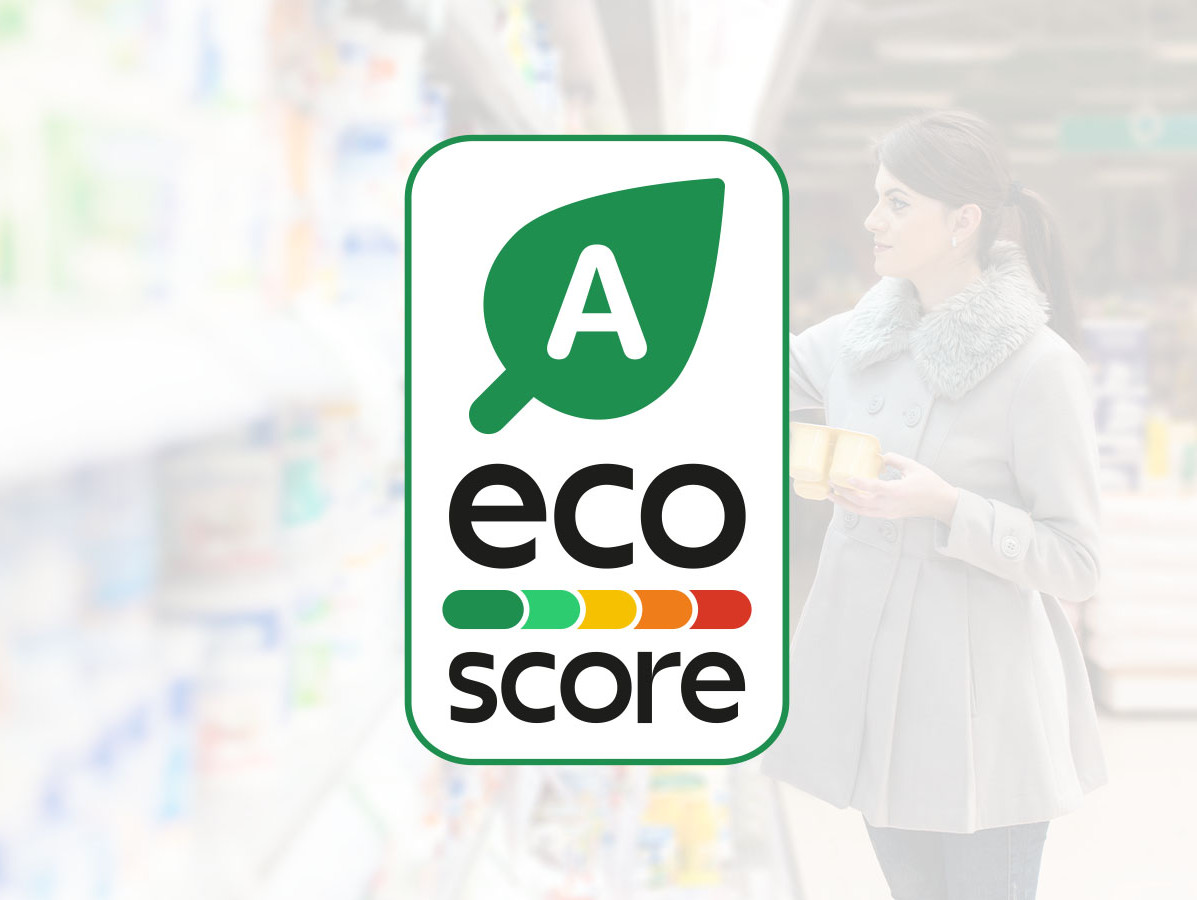
The term Eco-score will be discontinued due to its misleading nature. IFOAM, the global umbrella organization for the organic agriculture and food sector, reached an agreement on this with Yuka and ADEME, who launched the label. Despite this agreement, no concrete steps have been taken yet to adjust the Eco-score.
In January 2023, IFOAM Organics Europe and IFOAM France filed a lawsuit against the Eco-score due to the misleading prefix 'eco'. Article 30 of the EU regulation on organic production and labeling prohibits the use of 'bio' and 'eco' if they can mislead consumers. Charles Pernin from IFOAM France emphasizes that 'eco' is synonymous with 'bio' in several European languages. This can cause confusion with the official label for organic farming. After legal mediation, it was decided to withdraw the name of the environmental impact indicator.
According to Veerle Poppe, Eco-score expert, it is only the name of the label that is under discussion. The sustainability classification itself is not in question. She emphasizes that the method of ecolabelling is fully supported, but whether a new name will be adopted remains unknown. The label, part of the European Farm-to-Fork strategy, is distinguished by a green leaf indicating the A to E rating of the Nutri-Score. It shows how sustainable a product is, based on ecological indicators such as greenhouse gas emissions, biodiversity loss, and toxicity. These criteria, established by ADEME, have faced criticism for not being comprehensive enough and missing important aspects.
Poppe mentions that many consumers recognize the green leaf, and the label has a trust rate of 72 percent. She stresses that consumer trust is crucial for the impact of the score. All data on which the Eco-score is based is freely accessible via the associated website. Additionally, the Eco-score is used in various loyalty programs. Customers earn points when they buy products with a high sustainability score. These points can later be used to support social or ecological projects, such as planting flower meadows. This encourages consumers to make more conscious purchasing decisions.
Source: VILT.be